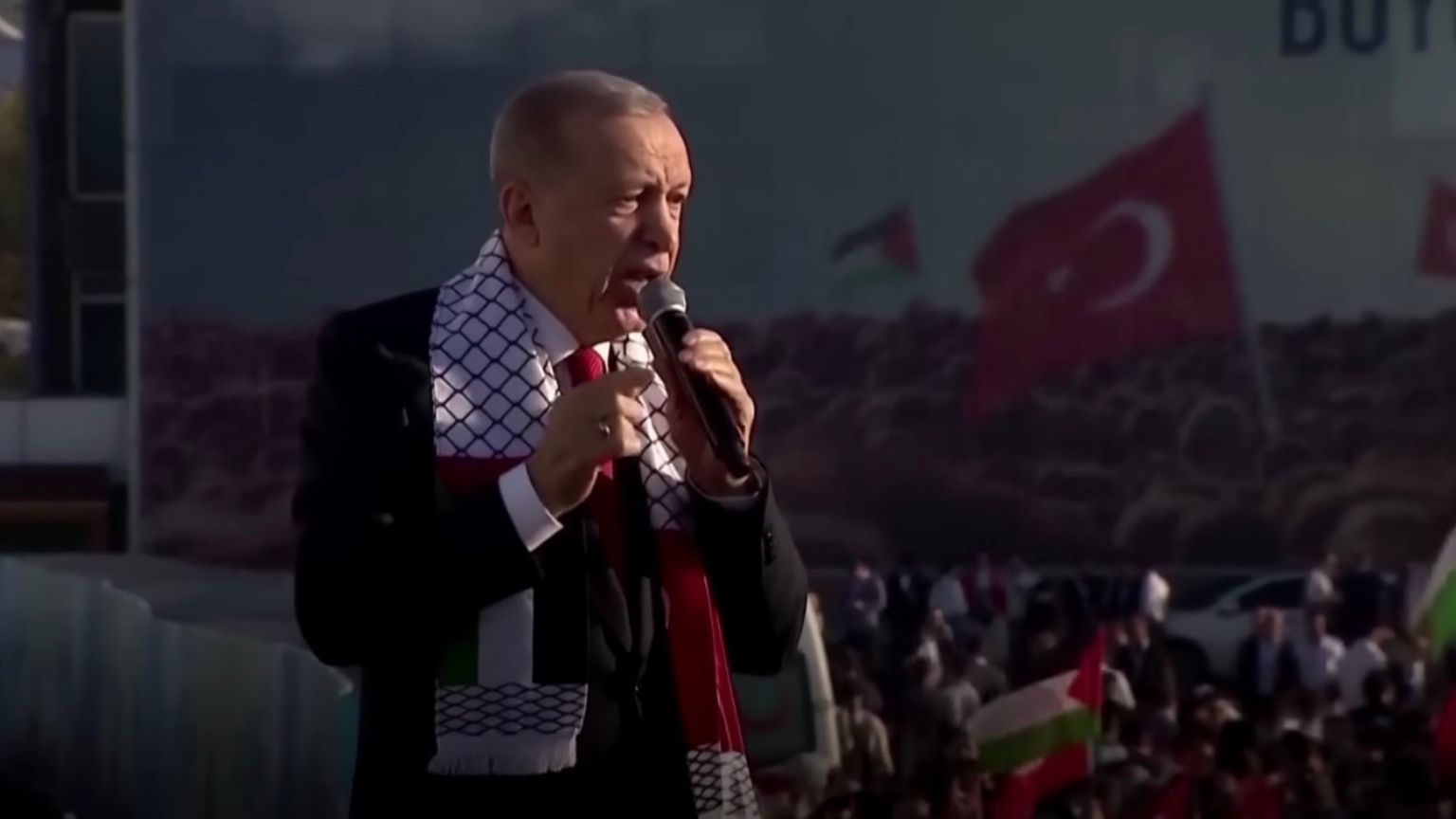The free press finds itself under escalating attack in Turkey, where government authorities have, in a disturbing development, detained three journalists.
The Committee to Protect Journalists (CPJ) has urgently implored the government to reverse this intimidating course of action, to no avail thus far.
Independent columnists, Tolga Şardan of T24 and Cengiz Erdinç of Kısa Dalga, have been taken into police custody – a move widely condemned by press freedom and human rights groups. Additionally, Dinçer Gökçe, a news editor with pro-opposition Halk TV, is now subjected to oddly paternalistic court orders to read and summarize books about his profession.
Şardan was released on Monday after his recent arrest due to allegations of spreading disinformation, following a report he published on T24 about judicial corruption.
This clampdown on free press was enacted under a 2022 legal mandate which curtails the dissemination of information deemed harmful to national security, public order, or even the country’s general health – in essence, anything that may engender worry or fear among the public.
Related: Turkey to jail people for spreading “misinformation”
The overly broad scope of this law has led to allegations of it serving as a tool to silence critical voices, a sentiment echoed by countless advocates of press freedom.
The charges stem from two separate incidents. Şardan has been accused of disseminating disinformation after publishing a column detailing a report on corruption within the Turkish judiciary, allegedly prepared by the Turkish Intelligence Organization. This drew the ire of an agency under the presidency’s Directorate of Communications, the Center for Combating Disinformation (CCD), which dismissed allegations of such a report existing. The CCD conveyed this denial through X, a platform assuming the role formerly filled by Twitter. This power struggle resulted in Şardan’s arrest and subsequent detention pending trial.
In Gökçe’s case, his article on an erroneous premature release of convicted criminals landed him in temporary police custody. Following his release without charge, he was subjected to the unusual mandate of reading and summarizing books on journalism. Conversely, reporter Cengiz Erdinç wasn’t as fortunate. After publishing numerous posts on the MIT report, police stormed his residence, detaining him based on the same disinformation laws. As per his legal representative, Vural Ergül, Erdinç was prohibited from direct contact with his legal counsel, furthering the human rights concerns of the situation.










